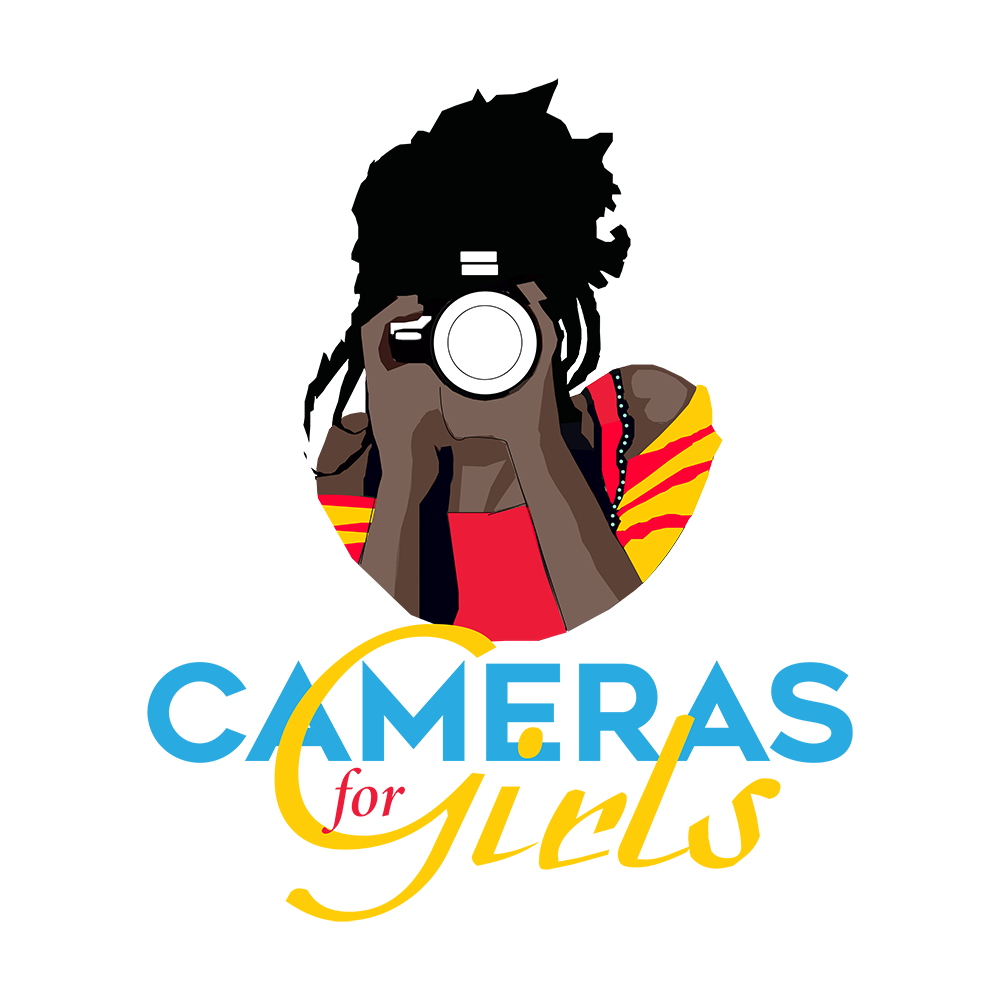Overcoming Gender Barriers in Photography: Challenges and Triumphs
Despite women comprising three-quarters of photography graduates worldwide, less than a quarter of professional photographers are female. This stark disparity highlights the significant challenges women face in the photography industry, ranging from a lack of recognition and unequal pay to workplace harassment and gender-based discrimination.
Amina teaching Emanuella and Elfrida in the 2nd cohort of the Cameras For Girls Tanzania program
The Multiple Barriers for African Female Photographers
Across Africa, female photographers encounter additional barriers due to deeply rooted cultural biases and systemic harassment. Traditional gender roles often dictate that women should focus on domestic responsibilities, while their professionalism in fields like photography is frequently questioned. These cultural norms limit their opportunities and make it challenging for them to break into the industry. Moreover, systemic harassment, including sexual harassment and discrimination, creates a hostile work environment that discourages women from continuing in their careers.
One challenge affecting all those interested in pursuing photography is the significant financial burden of purchasing photography equipment. An entry-level DSLR camera can cost around $500, while a professional-grade DSLR can reach up to an eye-watering $4,500—a substantial financial hurdle, especially for women in underrepresented communities who may struggle to afford the necessary tools.
Cameras For Girls’ Mission
Our mission is to advance the role of women in photography and journalism across Africa by empowering them to become influential storytellers and visual communicators. By fostering inclusivity and diversity in the media landscape, we aim to bridge the gender gap in the traditionally male-dominated fields of photojournalism and journalism.
Introduction to Our 4-Phase Year-Long Program
At the start of each 4-phase year-long program, every student receives a Canon G1X camera to keep. This essential first step removes the financial barrier that disproportionately affects female photographers across Africa, empowering them to tell stories that matter to them and their communities.
Our comprehensive program goes beyond just providing equipment. Students are trained in camera operation, photography techniques, and, most importantly, ethical storytelling. We emphasize the importance of representing their subjects with dignity and respect, ensuring that the stories they capture are told with integrity.
After the in-person workshop, the learning continues with an online training phase. Here, students delve into advanced photography concepts while continuing to practice ethical storytelling. They have 24/7 access to a custom-built video training platform, participate in weekly Zoom meetings, receive bi-weekly photo reviews, and complete monthly assignments. The program also includes training in digital marketing, Photoshop, and Lightroom, preparing students for all aspects of a professional photography career.
Business Skills and Job-Seeking Strategies
In the third phase, we introduce students to business skills and job-seeking strategies, aligning with the UN's Sustainable Development Goal #1 to end poverty. They learn how to write resumes, create compelling LinkedIn profiles, develop business plans, and build financial security. Networking, social media promotion, and job research are also covered, helping them build a professional online presence and increase their employment prospects.
Mentorship
Finally, in Phase 4, students enter a six-month mentorship program, receiving one-on-one support and guidance to confidently launch their professional careers. This individualized mentorship is key to helping them navigate the challenges of entering a male-dominated field.
Addressing Industry Barriers
The reality is that many talented black female photographers do not receive the same exposure as their white counterparts, making it difficult for them to advance their careers. Cameras For Girls works to dismantle many of these barriers within the first few days of our program, equipping students with the tools and opportunities they need to succeed.
Our Impact
The mentorship provided at Cameras For Girls is crucial in addressing the lack of support and guidance that many aspiring female photographers in Uganda and Tanzania face. With so few women in senior roles within the photography industry, finding mentors who understand and can navigate the unique challenges faced by women is a significant hurdle. This mentorship not only provides professional guidance but also creates a supportive environment where women can safely discuss issues like workplace harassment and gender discrimination, which are often neglected by the broader industry.
Since 2018, we have taught 89 women across Uganda and Tanzania. Thanks to our comprehensive training, over 80% of our students in Uganda and Tanzania have secured paid work in media careers. Cameras For Girls is paving the way for their success, turning dreams into reality, one mentorship at a time.
Future Aspirations For Cameras For Girls
The impact of our work creates a ripple effect, reaching well beyond the women we directly train. By equipping these wonderful women with such skills and confidence, we contribute to the betterment of their families and communities.
Looking ahead, we plan to expand our program across Africa, targeting regions where our support is most needed. By focusing on gender equality, poverty reduction, and job creation, we aim to bring about significant and lasting change in the lives of girls, women, and their communities across the continent.
Together, we are not just overcoming gender barriers in photography but forging a future where every woman's story is seen, heard, and celebrated across the continent.
Please consider supporting our work so we can continue to deliver quality training to young women across Africa and directly impact their ability to find paid work and escape from a life of poverty.
Guest blog post written by Poppy Pearce.

